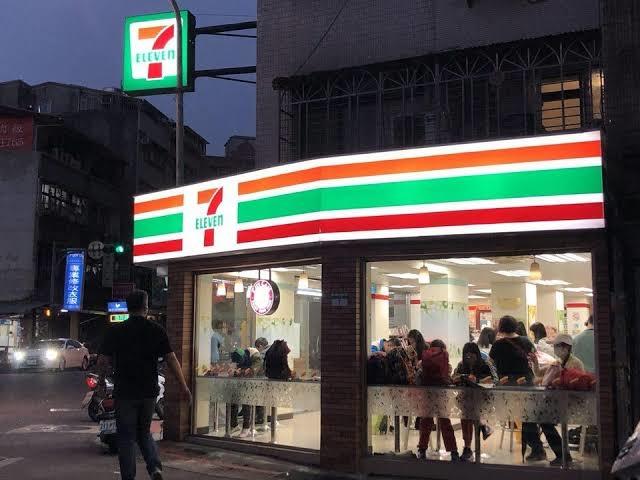Enter 7-Eleven: World’s Largest Convenience Store Chain to Start ‘Eating Joints’ in Mumbai

New Delhi: In a move that could pose a serious threat to the unorganised food retail sector in India’s financial capital, Mumbai -- 7-Eleven, the Japanese-owned, US-headquartered, the world’s largest convenience store chain, is planning to open the first of its “eating joints” format stores by February-March next year.
It is entering the country’s food retail space through Future Retail of Kishore Biyani’s Future Group, which recently finalised a retail deal with Amazon as well, and plans to offer “hygienic” food at “affordable prices” to Mumbaikars.
At the end of February this year, 7-Eleven signed a master franchise agreement with the Future Group, which will manage these stores in India, which is among the world’s fastest-growing retail markets that is being targeted by the world’s largest conglomerates, from Walmart to Amazon to Alibaba.
Also Read: 3 Retail Deals in 3 Years for Amazon: Deal With Future Group to Close Soon
As reported, for the first phase of the opening in Mumbai, 7-Eleven has altered its format of 24-hour accessible, round-the-clock convenience stores that sell everyday items, including food and beverage products, to avoid foreign direct investment (FDI) rule complications.
There are curbs on FDI in multi-brand retail in India but 100% FDI in food retailing through the approval route is permitted.
News reports indicated that 7-Eleven—likely to open five to seven “eating joint”-type stores in phase one across the busiest areas of Mumbai—will not compete with kirana stores. Instead, it is targeting “roadside eateries” in the capital city of Maharashtra.
India is the first market where 7-Eleven will be competing with eating joints rather than kirana stores. It is promoting itself, as reported, on the premise of providing “hygienic food” in “high-traffic areas such as offices, business parks, and colleges”.
“Typically, you find people eating at roadside joints and eateries in Mumbai. We believe there is a customer base out there in the city for a 7-Eleven where we can serve breakfast, lunch, and dinner in an organised manner. This will be hygienic food at an affordable price,” Kishore Biyani was quoted as saying.
“We will also stock fruits, juices, snacks, and condiments for those wanting to consume on the go.”
Also Read: Amazon, Walmart, Now Alibaba — Indian Retail Headed Towards An Oligopoly
Operating over 67,000 stores in 17 countries, and offering a variety of food items “organised” at one place with “affordable” prices and claims of “hygiene”, the 7-Eleven eating joints could indeed pose a challenge to lakhs of roadside eateries, more so at a time when the unorganised sector, employing around 93% of the country’s working-age population and destroyed by demonetisation among other moves of the Narendra Modi regime, is struggling as never before.
It was reported earlier that “Future Retail's subsidiary SHME Food Brands will open newer stores as well as convert existing locations to the 7-Eleven brand, starting this year.”
Speaking to Newsclick, Praveen Khandelwal, representing organised retail traders through the Confederation of All India Traders (CAIT), said, “This move will cause huge harm to small retailers of the country, establishments employing less than 10 people, those earning on a daily basis, their livelihoods, as well as the larger food retail trade of the country.”
He said CAIT and other retailers’ groups have been demanding that the BJP government formulate a national retail policy having “certain parameters to safeguard the domestic retail trade.”
The Future Group is limiting to Mumbai the first phase of the 7-Eleven openings in the country and is expected to closely monitor these stores.
Get the latest reports & analysis with people's perspective on Protests, movements & deep analytical videos, discussions of the current affairs in your Telegram app. Subscribe to NewsClick's Telegram channel & get Real-Time updates on stories, as they get published on our website.
























